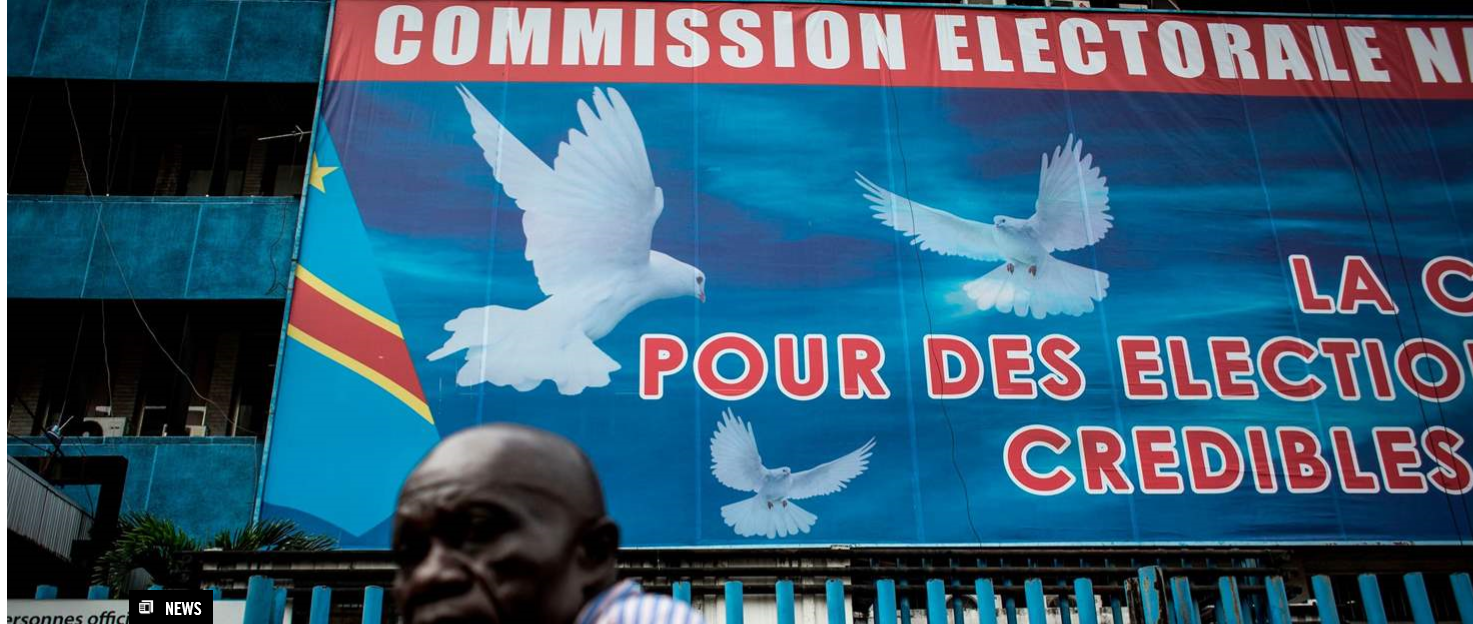Amid persistent human rights violations in the Democratic Republic of Congo (DRC), Amnesty International wants the government to ensure that everyone can exercise their freedom of expression and association as the country prepares for the long-awaited December elections.
DRC authorities must open up the civic space by lifting the ban on peaceful protests, releasing dissidents and stopping the ongoing crackdown on human rights defenders.
“All unlawful measures that prevent or limit citizens’ participation and engagement, including the blanket ban on demonstrations, must be removed immediately, and freedom of expression – including press freedom – fully restored ahead of the elections,” said Jean-Mobert Senga, Amnesty International’s Researcher for the DRC.
The country’s Electoral Commission is expected to announce the elections on 23 June, six months before the polling date, 23 December 2018.
“Ahead of the December 23 election, it is crucial and urgent for the Congolese authorities to uphold the right of all Congolese citizens to participate in the electoral process without fear of being killed, arrested or persecuted for their opinions,” said Jean-Morbert Senga.
The June announcement will formally kick-start the electoral process allowing candidates aspiring for political office to register. However, not all of them will be able to do so because they are either in prison, or in exile.
Even aspiring candidates within the country are likely to be locked out from participating in the elections by extremely high registration fees imposed by the new electoral law, among other unfair obstacles.
Amnesty International is also calling upon the police and other security organs to be impartial and strictly comply with international policing standards. The army and the Presidential Guard must be barred from interfering with the management of public gatherings during this period.
“Any human rights violation in the context of the upcoming election must also be promptly addressed, and all human rights’ abusers, including police chiefs and other security commanders, must be held accountable” said Jean-Morbert Senga.
Amnesty International also calls on the United Nations Organization Stabilization Mission in the DRC (MONUSCO) to deliver on its mandate of protecting civilians.
Background
DRC’s elections should have occurred in November 2016 when the incumbent President Joseph Kabila’s second and last term ended in line with the country’s constitution. The government’s failure to hold the elections led to countrywide protests that were met with heavy repression.
The Catholic Church brokered a deal between the ruling coalition and the main opposition leaders – signed on 31 December 2016 – that gave the government one year to put in place measures for a free and fair election, including the reopening of media houses critical of the government, the release of individuals detained for politically motivated reasons, and allowing the return of exiled opposition leaders.
Failure to put in place these measures and hold the election in December 2017 provoked the Catholic Lay Coordination Committee to mobilize and lead a series of protests on 31 December 2017, 21 January 2018 and 25 February 2018. These peaceful protests were ruthlessly suppressed by security forces, killing at least 17 people, wounding some 200 people, and resulting in the arbitrary arrest of at least 405 people.






















